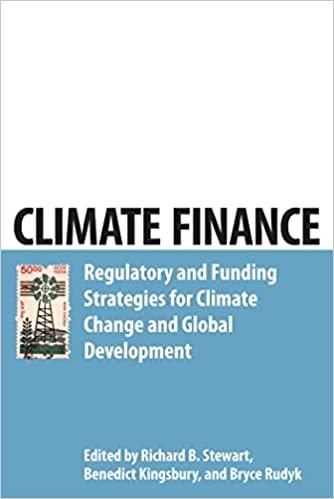Question
Question One Apel Investment Company has GH1,800,000 of interest-bearing bond outstanding. The outstanding bonds have a 11% coupon and a 14% yield to maturity. Management
Question One Apel Investment Company has GH1,800,000 of interest-bearing bond outstanding. The outstanding bonds have a 11% coupon and a 14% yield to maturity. Management believes they could issue new bonds at a premium of 105% that would provide a similar yield to maturity. Also, the companys prepared stock currently stands at GH1,200,000 and trades at GH60.00 per share. The company pays a dividend of GH3.00 per share. Furthermore, the companys common stock sells for GH15.00 per share with 200,000 shares in issue. The company has a beta of 1.2, whiles the governments T-Bill has an interest rate of 12%, with a 18% average return on the market. The companys marginal tax rate is 40%. Management is considering investing in a new project, the details of which are as follows: GH Project cost 2,000,000.00 Estimated net profit: Year 1 (22,000.00) Year 2 192,000.00 Year 3 300,000.00 Year 4 270,000.00 Year 5 180,000.00 Additional information; Depreciation is based on the straight line method. The estimated residual value of the project at the end of its useful life is GH400,000. From the above information, you are required to calculate,
a. after tax cost of debt (4 marks)
b. cost of preferred stock (4 marks)
c. cost of equity using the capital asset pricing model (4 marks)
d. weight average cost of capital (4 marks)
e. Using the net present value method, assess the viability of the proposed project (10 marks)
f. Time value of money is the observation that, it is better to receive money sooner than later. Explain two (2) reasons why a cedi today is worth more than a cedi sometime in the future. (4 marks)
As the head of Business Development of the BSA, a client has presented a business plan that has the following projected returns for your consideration. Stock A Stock B State of the Economy Returns Probability Returns Probability Excellent 32% 0.40 40% 0.20 Normal -5% 0.40 8% 0.30 Worse 21% 0.20 25% 0.50 Required;
a. Calculate the expected return for each stock. (3 marks)
b. Calculate the risk for each stock. (4 marks)
c. Determine the coefficient of variation for each stock. Explain your answer. (5 marks)
d. Explain three (3) reasons why a company will prefer long-term borrow to shortterm borrowing. (3 marks)
a. Capital budgeting is the process of identifying, analyzing and selecting investment projects whose returns are expected to extend beyond one year. This capital budgeting decision for an investment requires the analysis of some factors. List and explain three (3) of these factors. (6 marks
) b. You have an investment opportunity that requires an initial investment of GH5,000 today and will pay GH6,000 in a years time. If an alternative investment with similar risk pays 25%, should you invest? (2 marks)
c. You will retire in 18 years and you currently have GH250,000 saved, and your plan is to have GH1,000,000 at your retirement. What annual interest rate must you earn to reach this goal, assuming you do not save any additional funds? (2 marks)
d. With practical example(s), differentiate between compounding and discounting. (2 marks)
e. As a Business Finance student, what is the essence of the valuation principle in your personal life? (3 marks)
Step by Step Solution
There are 3 Steps involved in it
Step: 1

Get Instant Access to Expert-Tailored Solutions
See step-by-step solutions with expert insights and AI powered tools for academic success
Step: 2

Step: 3

Ace Your Homework with AI
Get the answers you need in no time with our AI-driven, step-by-step assistance
Get Started


